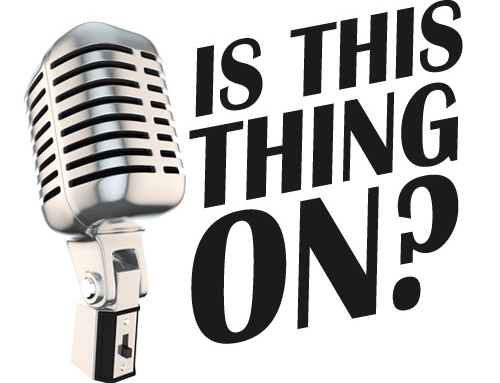To get more web traffic to your website, do you have to be SEO savvy or just write high quality content?
When it comes to SEO: content is king . However, good content by itself, is not enough to always get your website or specific web pages top or first page ranking on search engines. We “play” with various test websites at poliARC insofar as testing new webpage content, anchor text ideas, titles, tags and back links, all with different balances within that SEO mix – time and time again content proves to the most important part of the SEO mix.
The web pages that focus most on quality content rank the best and get more traffic. Again: think of it as an SEO mix: 100% great content is OK, 75% great content, with 10% keyword anchor text and some back links makes it a little better, but bad content and 75% good anchor text and back links performs worse than any of the above combinations when optimizing your website content for SEO and search engines.
If you have to make a choice between content and SEO techniques and tactics: always start with content. Always. And start by taking about 5 steps back and looking at your business or product at a slight angel – not directly – and find ways to create content that somewhat “flanks” your business and product. Because honestly, with search engine marketing (SEM) so dominant, most new or small businesses, products, and services have a very hard time getting noticed on search engines because people are paying top dollar for the most “commercial” type posts (i.e. “electronic stores”, “lawyers”, “real estate agents”, etc.) That competition makes using content and SEO only techniques to get noticed by new customers extremely difficult. So rather than attacking head-on with content creation, be a smart General and flank your target, get behind and surround the target so that there are more options and methods of winning the battle of being found on search engines.
One rule trumps all others: topic. A topic in which people are interested and for which they will search. (Of course more people write about popular topics, so you have a lot of competition, but at least you’re starting with a web page with content that people want to find.) You can even use this website you’re on right now: I can confidently tell you that a heck of a lot less people are searching for something like “measuring marketing success” vs., say… “Led Zeppelin”. (Here’s where we all say, “Well, duh?”) The point is that when creating content you want it to be unique, engaging, applicable, but also about (or at least co-branded with) a topic you KNOW people are searching online.
You can have a post with good content about a popular topic on a web site with a low page rank and few back links that will get more web traffic than a boring post on a high ranking website and 5 times as many back links. If the content isn’t what people want, you won’t get traffic. Simple as that.
Very Important: I an NOT saying that good SEO practices are meaningless, good SEO is vital to get you above the fold, but it doesn’t override content, and doesn’t make up the difference for having poor quality content on your website.
If you’re doing your own content creation for SEO: start simple:
- Write about what you know, your business or service, and tie it in using examples that will interest people, so that you are “flanking” your website by applicable topics in which people are interested.
- Pick your topics based on for what you think people will be searching; not just what you think should be told about your business or product. Writing for SEO needs to be very deliberate and targeted on specific keywords and phrases.
- Once you have your words and topic targeted, understand the big three items of SEO. They’re easy to put on a sticky note and have by your computer every time you create new content for your website.
- The more you write, the more you’ll notice your brian “starts thinking SEO” and it becomes second hand.
- Define “content rich” or “rich content” insofar as always try to put an image or two and a video into your posts. Make sure those media elements are well named and have descriptions and alt tags that are focussed on your keyword target(s). A simple addition that can make a big difference.
- Every couple weeks, go back over your old posts: see which are getting traffic and which aren’t, and above all else: identify on which posts you got a little lazy targeting your keywords (it always happens), then update as needed.
An please, don’t be boring and “buy” back links and visitors who get paid to click on ads or earn points to click on emails. Google is smarter than they are. Your SEO should have some honor in it, and don’t do anything that might get your website punished later on.









